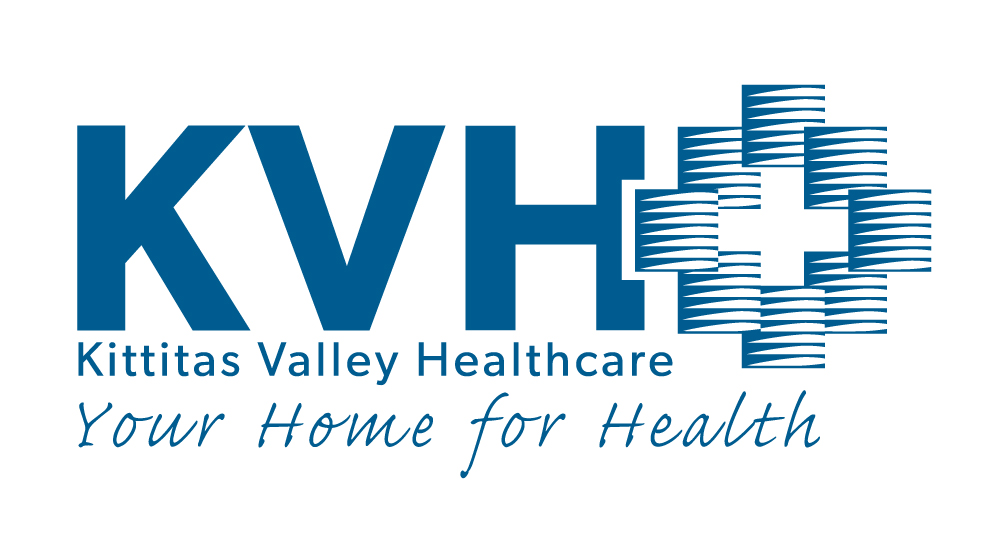
Four years ago, I was elected to serve on the Board of Commissioners for Hospital District 1. As KVH’s governing body, the Board sets the organization’s strategic direction, ensures that it offers high-quality services, and maintains its financial viability. As President of the Board, part of my job is to make people aware of what we have been doing.
In 2016, the Board hired a CEO that shares our vision for KVH. Instead of cutting services to protect the bottom line, we have developed new services to meet the demand in the community and keep care local. As a result of priorities set by the Board, KVH now has an outpatient pharmacy, Workplace Health, expanded physical therapy, integrated behavioral health, dermatology, wound care, an “ouchless” ER, and digital mammography. For the first time in many years, KVH clinics are accepting new patients, and for the first time ever, we are offering pediatric services.
KVH has expanded its footprint to include the Radio Hill Annex and the Medical Arts Center (MAC). For several years, KVH planned to build a new medical office building. After the election in 2016, the new Board changed direction. Our decision to purchase the MAC gives us more space at a cheaper cost, and without disrupting the existing neighborhood south of the hospital. Renovations are incorporating design ideas that were developed during brainstorming sessions for the original building. The MAC will open in early 2020, and it will be a state-of-the-art facility in which we can deliver excellent patient care and form partnerships to offer even more services to Kittitas County. It will also help us to recruit providers so that we can better meet the needs of the community in the future.
When I was elected to the Board, one of my priorities was to open lines of communication with the community. We regularly have Coffee with a Commissioner, where people can tell Board members what’s on their minds. Community members now serve on the Quality Improvement Council, the Finance Committee, and, of course, the KVH Foundation Board. We have also recently created a Patient & Family Advisory Council, where several county residents will have input on hospital operations.
There are other notable achievements behind the scenes, including the implementation of a new electronic health records system, several successful state audits, and award-winning quality improvement. All these efforts are guided by the strategic plan, which we developed in 2017 and which defines our work in terms of four key strategies: access, community engagement, partnership & collaboration, and financial sustainability. We will be revisiting the strategic plan in 2020.
Earlier this year, I attended the American Hospital Association annual meeting, and people there were concerned about the challenges facing healthcare providers, especially in rural areas. Many independent hospitals throughout the country are either closing or being absorbed into larger systems. Despite these national trends, KVH has maintained its independence and its financial stability. Even though District 1 has the lowest levy rate of any public hospital district in the state, we are the envy of many other Washington hospitals, some of which are struggling.
Ultimately, KVH’s success is due to the dedication of its many employees: the doctors, nurses, pharmacists, technicians, dieticians, housekeepers, receptionists, and administrators who do amazing work every day. From the patient perspective, the Board is probably invisible, and it should be. Rest assured that the other Board members and I are doing our best to represent the community, to make sure that KVH is a great place to work for its employees and your first choice for high-quality healthcare.
Matt Altman is President of the KVH Board of Commissioners and a professor at Central Washington University.